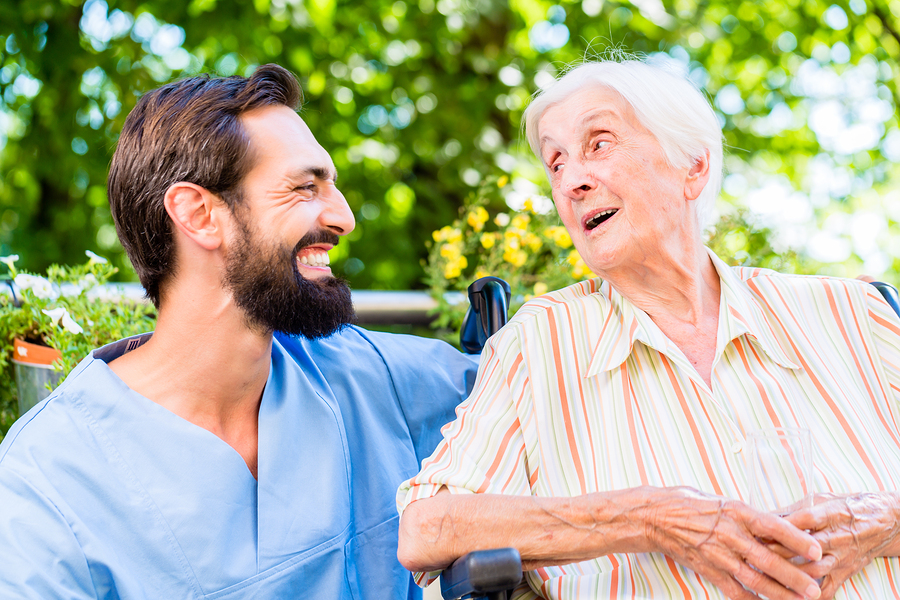Whatever demographic statistics are announced, they all predict an inexorable ageing of the population. To support these elderly persons in their illnesses or loss of autonomy, Canada must rely on many competent geriatric specialists.
SOME FIGURES
Out of 35,151,728 people identified by Statistics Canada as living in the country in 2016, 15.7% were 65 years old or more. In 30 years, this segment of the population has increased 50%, and the trend is expected to continue.
Canadian seniors (5.9 millions) now outnumber children (5.8 millions) for first time, 2016 census shows. By 2061, they could have 12 millions seniors to just 8 millions children.
By 2044, there is likely to be 11 million people over 65 years old. By 2052, the most elderly (85 years old and more) could represent close to one quarter of elderly people and 6% of the entire population. It is not surprising therefore to learn that for the first time in July 2014, there were more people leaving the labour market (55 to 64 years old) than young people joining it (15 to 24 years old).
WHEN EDUCATION ADJUSTS TO THE DEMOGRAPHIC REALITY
A number of years ago, the geriatric sector, synonymous with physically and morally painful work, suffered from a negative image, which explains the disaffection among young people for this field. The sector was also little desired since the variety of education of the main geriatrics professionals (doctors, nurses and social workers) only very rarely offered courses in geriatric care. Today, universities have adjusted to the demographic reality by developing diverse and varied education in gerontology across the country. (www.canadian-universities.net/Universities/Programs/Gerontology.html).
THE REMEDY – THE MULTIDISCIPLINARY TEAM
An elderly person who may live with problems that are at once physical, social and psychological should not treat them separately – a collective approach to care is preferable. Therefore, to meet the demand for increasingly complex care for elderly persons, more use will be made of multidisciplinary teams that include geriatrics doctors, carers, nurses, occupational therapists, speech pathologists, psychomotor therapists, massage therapists, etc.
TECHNICAL AND HUMAN SPECIFICITY
Geriatric professions are “conventional” professions practiced with a specific population. All geriatric professionals should therefore have not only the technical skills specific to this sector but also particular human and relational skills.
- Technical skills: the geriatrics doctor must be able to perform a comprehensive geriatric examination, a psychiatric examination or assess the condition of an elderly person before an operation. It is important that every geriatrics professional keep their knowledge continuously updated to incorporate rapid developments in diseases and treatments.
- Sense of communications: dedication to others, personal investment, listening, tact and diplomacy are greatly valued skills, highly recommended to work in geriatrics.
- Ability to work in a team: the doctor, nurse, social worker, all must know how to collaborate and work as a team in order to resolve complex situations as efficiently as possible. It is recommended that the geriatrics professional knows how to organize their work, provide care to the elderly person and keep track of the file.
- Personality and professionalism: in this sector, it is essential to respect ethical rules and meet responsibilities. Very good physical strength and excellent psychological balance to deal with serious and dramatic situations are highly sought after aptitudes.
To conclude, geriatrics does not only relate to the health aspect of gerontology. The cause of elderly persons can be handled from other aspects such as marketing (learning how to reach this population and adapt products), architecture and engineering (designing establishments and access for persons with reduced mobility), and recreation (adapting cruises, tours and recreational vehicles).
